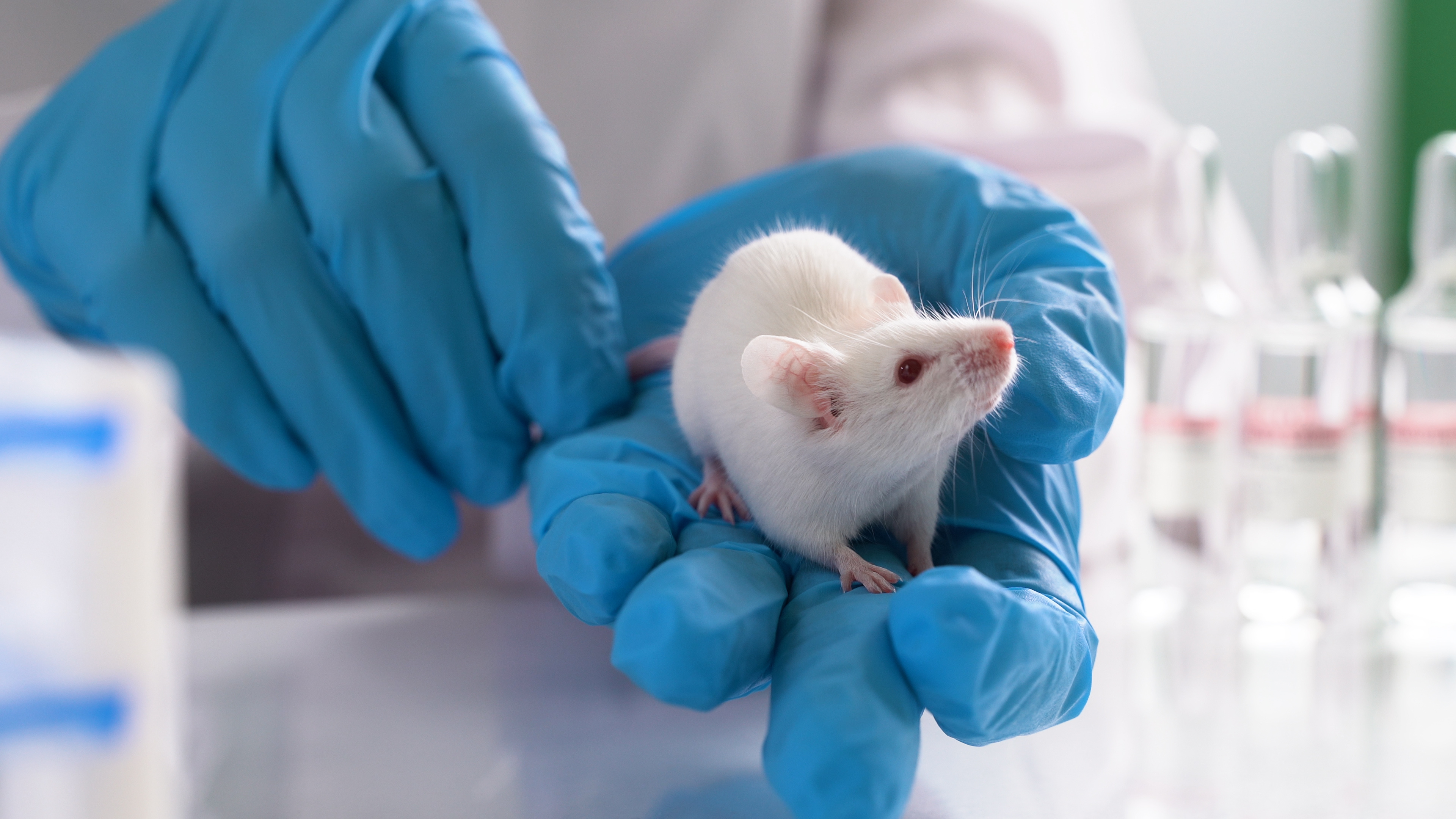When we think of animals providing care to one another, species like chimpanzees or dolphins are usually the ones that come to mind. However, new research suggests that even small, seemingly less social creatures—like mice—exhibit first-aid behavior to help unconscious peers regain consciousness.
A recent study led by scientists at the University of Southern California (USC) observed mice attempting to revive their incapacitated cage mates by engaging in what the researchers call “caregiving behaviors.”
These behaviors included sniffing, licking, biting, and even pulling the unconscious mouse’s tongue aside—a behavior that could help clear airways and aid breathing. This new research suggests that mice are yet another member of the animal kingdom that practice first-aid behavior instinctively when others of their species are incapacitated.
In laboratory tests, researchers introduced mice to either a fully active companion or one that had been anesthetized and left unresponsive. On average, the researchers say the mice spent nearly half of a 13-minute observation period tending to the unconscious individual.
The first-aid behavior usually began with the mice sniffing and grooming the unconscious mouse, then escalated to physical interventions such as licking the eyes and mouth. In over 50 percent of cases, the caregiver mice actively pulled the unconscious mouse’s tongue out of the way to help it breathe.
When researchers placed a plastic object in the mouth of the incapacitated mouse, the helper mice removed it 80 percent of the time, further suggesting an instinct to clear obstructions—a common first-aid behavior that we as humans often utilize. This isn’t the first time animals have surprised us, either. Some believe certain animals can even tell when humans don’t know something.
Interestingly, the researchers say mice that received this caregiving attention woke up and began moving faster than those left unattended. Once an unconscious mouse regained movement, the caregiver gradually stopped its aid, indicating a responsive and adaptive behavior.
The study also found that mice were more likely to help familiar cage mates than unfamiliar ones, hinting at a social component to this first-aid instinct. But what drives this behavior? Well, researchers discovered that this behavior was driven by oxytocin-releasing neurons in the amygdala and hypothalamus.
These brain regions are linked to empathy, bonding, and caregiving across many species. Because the findings include data about the mice’s brain chemistry, they suggest that first-aid behavior in mice might be part of a broader evolutionary trait seen in social animals.
Of course, scientists caution against attributing human-like intent to the mice’s actions. Instead, this behavior appears to be an innate survival mechanism that enhances group cohesion instead of something like our own first-aid instincts, which have been driven by hundreds of years of human evolution.










